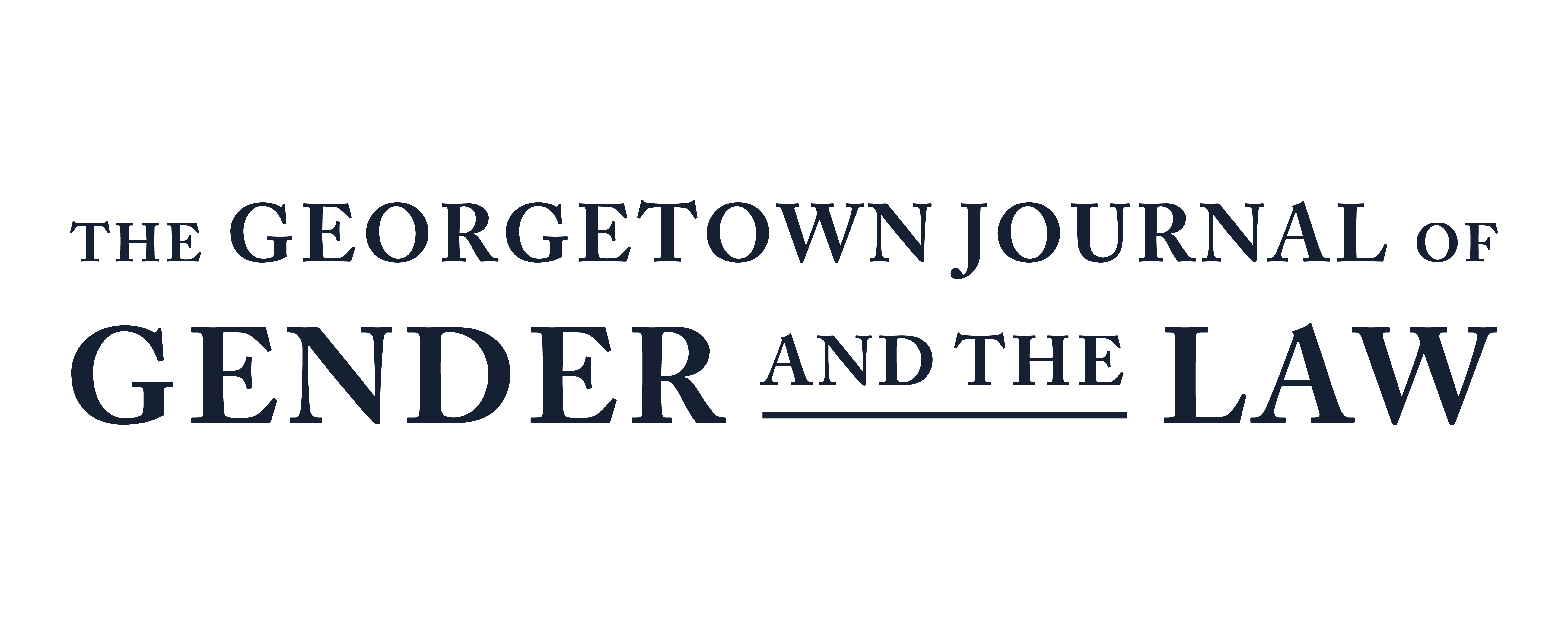Improper Housing and Inadequate Medical Treatment for Transgender Prisoners
As of 2021, there were approximately 1.8 million incarcerated individuals in the United States. Of the total incarcerated population, approximately 5,000 of them identify as transgender. An inmate does not lose their constitutional rights when they are incarcerated, but receive specific protections from both federal law and the United States Constitution. Federal law specifically requires that the placement of transgender inmates is to be evaluated on a case-by-case basis, including giving serious consideration to the feelings of where the individual believes that they will be safest. Yet, in prisons which reported on the placement of transgender inmates, only fifteen transgender individuals are housed according to their gender identity. The rest are housed based on their assigned sex at birth or genitalia. With most transgender inmates being placed into housing units based on their birth sex, serious doubt is created about how seriously the safety concerns of the transgender inmates are being taken by prison officials. Placing transgender inmates in housing units that do not match their gender identity can lead to harassment, assault, and rape of these prisoners. Inmate victims of sexual assault often receive inadequate or no treatment for the mental and physical injuries of these incidents. Transgender inmates also face unique challenges when attempting to gain access to gender affirming medical care, such as hormone therapy. Adequate medical care must be provided to prisoners for all serious medical conditions and failure to do so violates the Eighth Amendment prohibition of cruel and unusual punishment.
Keep Reading Improper Housing and Inadequate Medical Treatment for Transgender Prisoners

